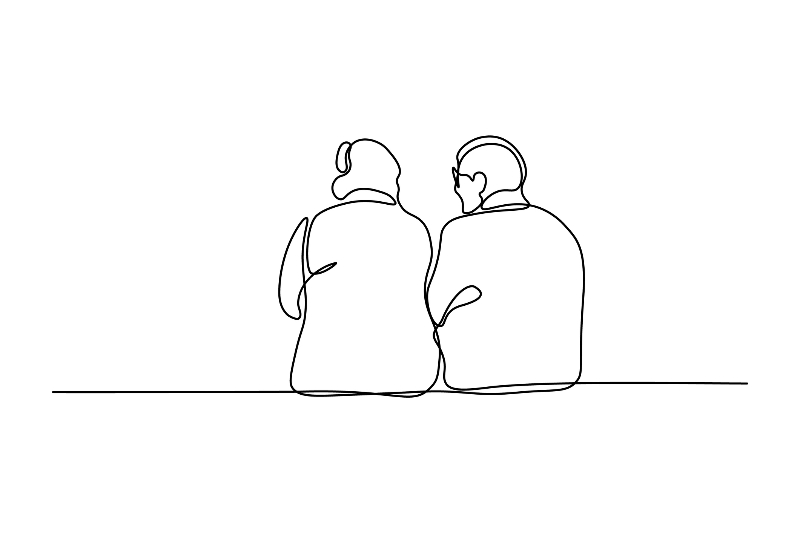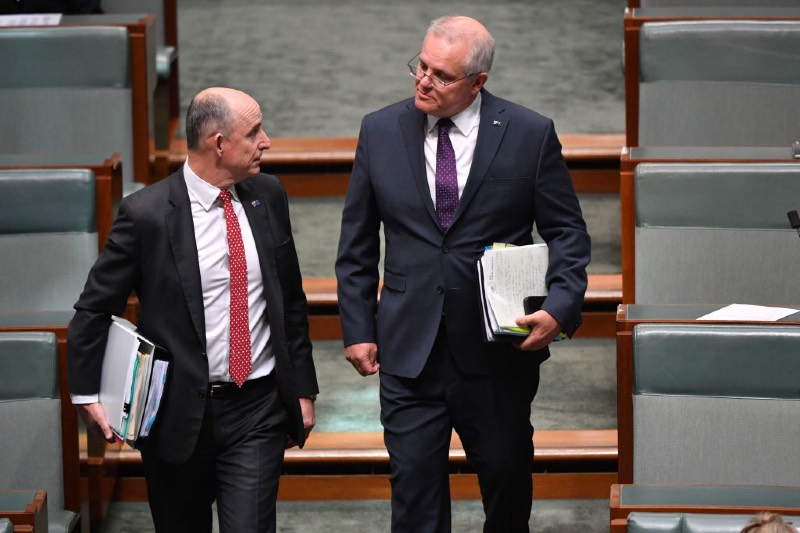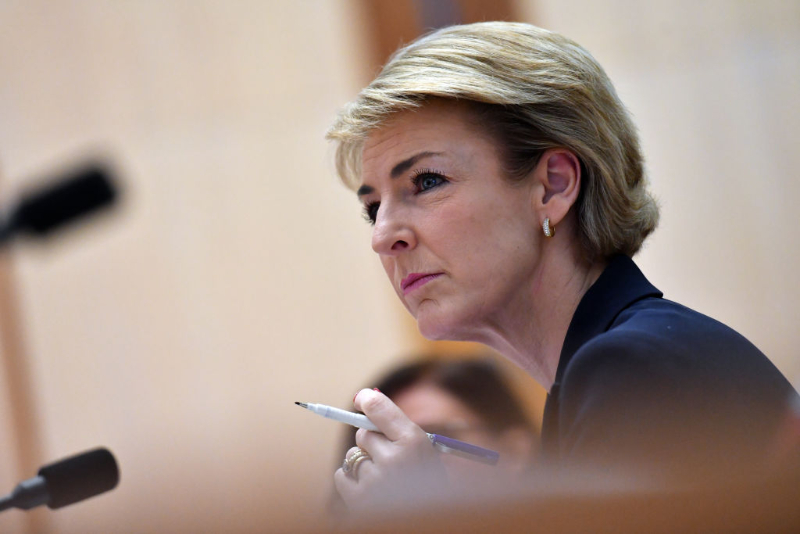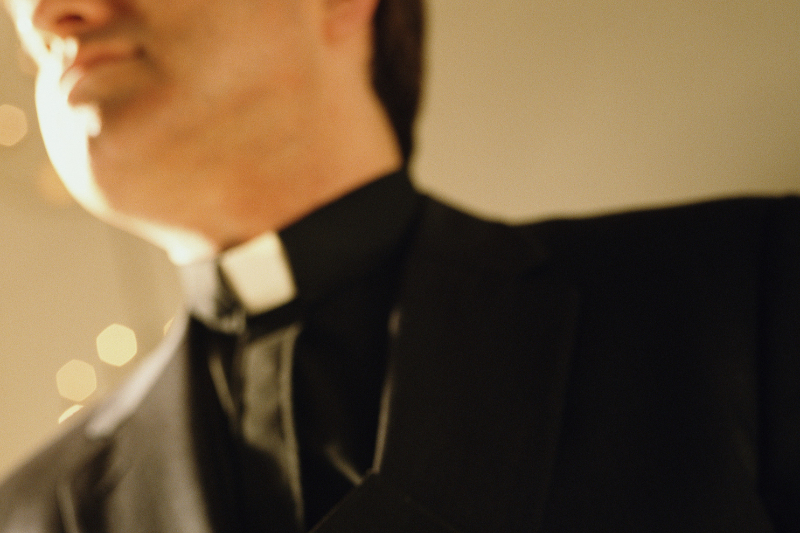Keywords: Belief
There are more than 200 results, only the first 200 are displayed here.
-

RELIGION
- Michael McGirr
- 11 January 2022
5 Comments
I must have time on my hands. I have been thinking about the difference between atheists and God cancellers. I love my atheist friends, of whom I am blessed with many. I relish the existential grist of our talks, the deep sense of substance and mutual respect. I also love the constant jokes. We keep each other honest. I enjoy a rich engagement with the history of thought and I believe we ennoble each other through the kind of trust that is prepared to talk about things that are off limits to others.
READ MORE
-

FAITH DOING JUSTICE
- Andrew Hamilton
- 11 January 2022
3 Comments
The debate about quotas based on gender has been well canvassed. The wider issues raised about merit and meritocracy, however, merit further reflection. Far in the background to both conversations lies a sophisticated body of reflection on merit among Christian theologians.
READ MORE
-

RELIGION
- Francis Sullivan
- 04 January 2022
14 Comments
The First Assembly of the Fifth Plenary Council held few surprises. The program made sure of it. Proceedings were carefully choreographed and the agenda was deliberately anodyne. It took several days before participants found their feet. The upshot was a week devoid of strategic focus.
READ MORE
-

MEDIA
- Anthony N Castle
- 04 January 2022
5 Comments
At this point, the media cycle is mostly internal, and while the media is talking to itself, Scott Morrison is talking to a rapidly growing base with significant resources. The devil isn’t in the headline here, the devil is in the detail, in the appeal itself.
READ MORE
-

AUSTRALIA
- Frank Brennan
- 29 November 2021
17 Comments
On Thursday, three Bills were introduced to the House of Representatives: the Religious Discrimination Bill 2021, the Religious Discrimination (Consequential Amendments) Bill 2021, and the Human Rights Legislation Amendment Bill 2021. Collectively, these bills constitute the Morrison Government’s response to the Ruddock Religious Freedom Review provided to government in May 2018.
READ MORE 
-

ARTS AND CULTURE
- Gillian Bouras
- 25 November 2021
32 Comments
Attitudes towards truth have changed. Now we accept the idea that there are different sorts of truth: the phrases historical truth, narrative truth and emotional truth come trippingly off the lips of vast numbers of people. Then there are the complex notions of fantasy and fiction: we have long subscribed to the notion of novelists making up various ‘lies’ or fantasies in order to tell underlying truths about human nature. But we also have to accept, I think, that a gentleman’s word is no longer his bond.
READ MORE 
-

AUSTRALIA
- Frank Brennan
- 17 November 2021
63 Comments
It’s four years since the Australian Parliament amended the Marriage Act 1961 to provide that marriage means ‘the union of two people to the exclusion of all others’. The legislation followed the plebiscite on same sex marriage. To address the concerns of some religious groups, Prime Minister Malcolm Turnbull set up an expert panel chaired by long time Liberal Party minister Philip Ruddock to report on whether Australian law adequately protected the human right to freedom of religion.
READ MORE 
-

AUSTRALIA
- Julian Butler
- 01 November 2021
21 Comments
The elevation of Dominic Perrottet to the Premiership of New South Wales caused a flurry of commentary about his religious faith. In many parts of the media his politics and personality were framed by his Catholicism. I watched on with a degree of discomfort, and with a sense of possibility. Could some of the bigoted characterisations invite a richer conversation about the ideals and deeper narratives that enliven our public leaders?
READ MORE 
-

RELIGION
- Francis Sullivan
- 25 October 2021
32 Comments
The First Assembly of the Fifth Plenary Council held few surprises. The program made sure of it. Proceedings were carefully choreographed and the agenda was deliberately anodyne. It took several days before participants found their feet. The upshot was a week devoid of strategic focus.
READ MORE 
-

RELIGION
- Gideon Goosen
- 23 September 2021
60 Comments
The Final Report of the Royal Commission into Institutional Responses to Child Sexual Abuse identified clericalism as a significant contributor to abuse across religious institutions Australia-wide. Clericalism is rooted in a theological belief that the clergy are different to the laity, having undergone an ‘ontological change’ at ordination, and feeds the notion that the clergy may not be challenged. And according to the report, the culture of clericalism is on the rise in seminaries in Australia.
READ MORE 
-

AUSTRALIA
- Frank Brennan
- 15 September 2021
22 Comments
The Queensland parliament, like the Victorian parliament four years ago, is committed to legislating for voluntary assisted dying. The bill being considered by the one-chamber Queensland parliament this week basically follows the contours of the Victorian legislation. But there are three major developments proposed that are very worrying in this new field of social experimentation.
READ MORE 
-

RELIGION
- Andrew Hamilton
- 09 September 2021
24 Comments
In recent weeks the value of human life has become a topic of public conversation in different contexts. Proposed legislation on abortion and assisted dying has continued to focus attention on it. Debate about loosening COVID restrictions has also balanced the risk of death from the disease with risks to health and economic welfare from lockdowns. In Afghanistan the victory of the Taliban has again raised questions about the morality of the war and the killing involved by both sides.
READ MORE 